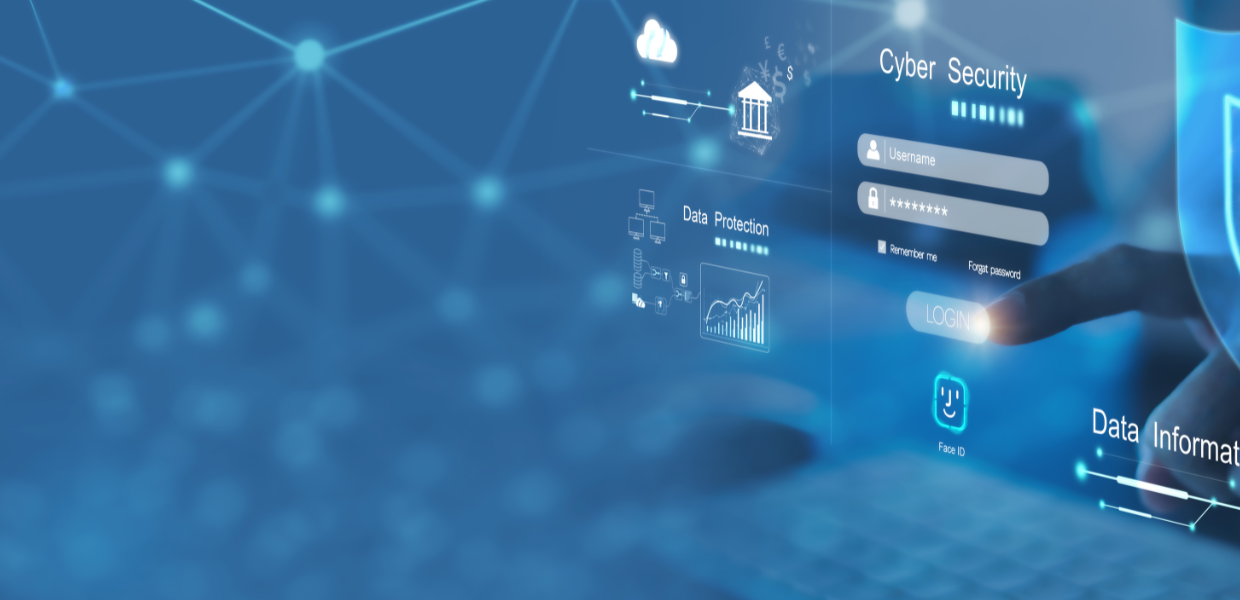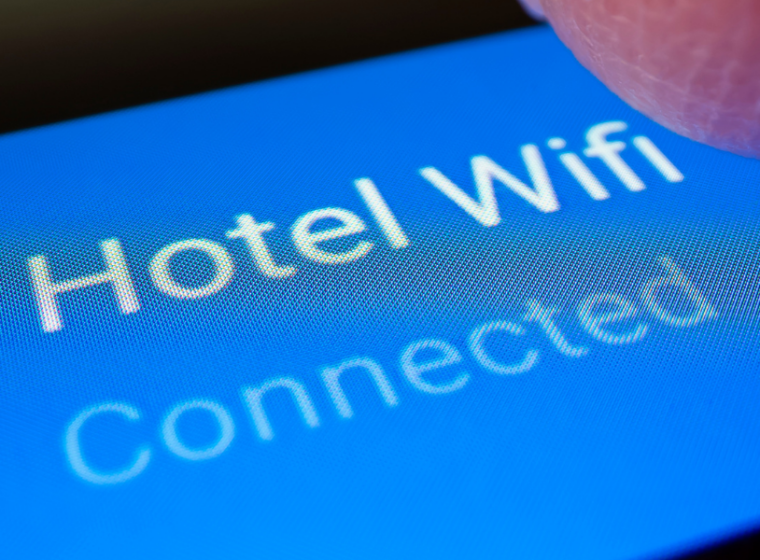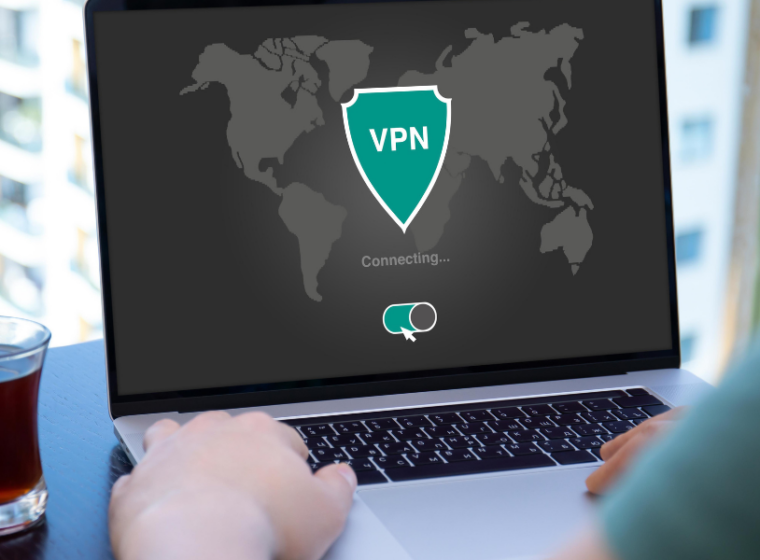In the modern hotel environment, every network connection should be treated as potentially hostile. This is the foundation of zero trust security.
Whether it’s a guest logging into the WiFi, a staff member accessing the property management system, or a vendor maintaining HVAC controls, zero trust cyber security assumes that no user or device can be automatically trusted, even if they’re already inside the hotel’s network. This approach has become increasingly important as hotels face increasingly sophisticated cyber threats targeting their treasure trove of guest data and operational systems.
In a 2023 Trustwave landscape report, nearly a third of hospitality organizations reported data breaches in their company’s history, with 89% experiencing repeat breaches within a year of each other and an average cost of $3.4 million per incident. A single breach can expose thousands of guest records, including credit card details, passport information, and personal data, potentially costing hotels millions in damages and lost reputation.
This is why many hotels are transitioning from traditional “castle-and-moat” security approaches, which consider only external threats dangerous, in favor of a zero trust security architecture that verifies every access request, regardless of its source.
What is Zero Trust Security?
Zero trust security is a framework that operates on the premise of “never trust, always verify,” requiring strict identity verification for every person and device attempting to access network resources.
A zero trust security approach eliminates implicit trust in any element, component, or service within the network, instead demanding continuous verification of the operational picture via real-time information from multiple sources.
In practice, zero trust security principles aim to authenticate and authorize every access request based on identity, device security posture, and context—even for users already inside the network. Its architecture encompasses three fundamental principles:
- Verify explicitly: Authentication and authorization must be based on all available data points, including user identity, location, device health, and service or workload.
- Use least-privilege access: Access rights are limited to only what is necessary, using just-in-time and just-enough-access policies.
- Assume breach: The system operates under the assumption that a breach may have already occurred, implementing end-to-end encryption and continuous monitoring to detect and respond to threats.
The principles of zero trust data security provide hotels with a modern framework to protect against evolving cyber threats while delivering the seamless, secure experience that today’s tech-savvy guests expect.
Take a broader approach to hotel cyber attack prevention and keeping your network and guests safe, or explore the concepts of zero trust network design below.
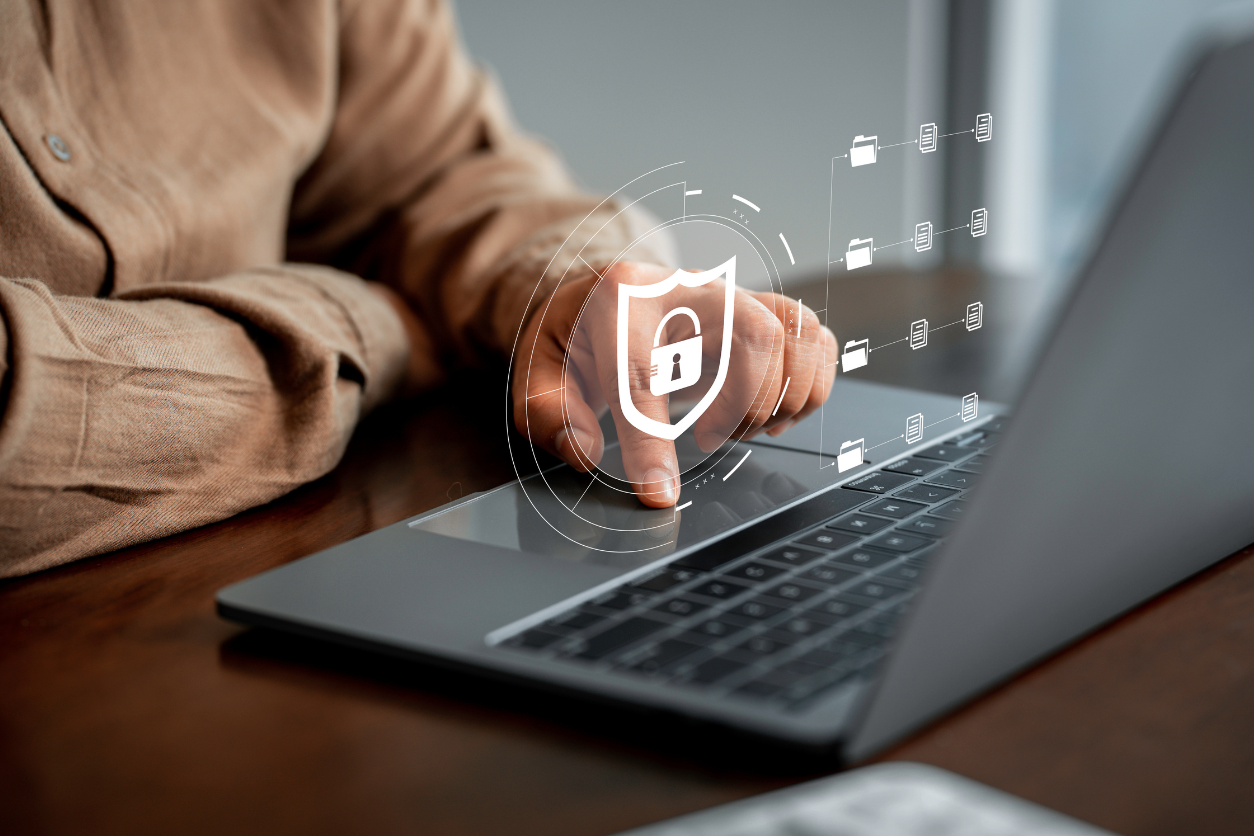
Principles of Zero Trust Network Design in Hotels
Implementing zero trust security principles in hotels requires a comprehensive approach that touches every aspect of the network infrastructure. Each element works together to create multiple layers of security, ensuring that every access point, user, and device is continuously verified and monitored.
1. Network Segmentation
Hotels must divide their zero-trust network design into distinct, isolated segments to contain potential breaches and limit lateral movement. By creating separate networks for guest WiFi, front desk operations, property management systems, and specialized areas like spas or retail stores, hotels create essential security boundaries.
Each segmented network operates independently with its own security protocols and access controls. This effectively contains potential breaches within a limited area.
Network segmentation is an important consideration for hotels where different departments handle varying levels of sensitive information. Rosen Hotels successfully implemented this strategy across their seven properties, helping to manage network traffic for over 25,000 users while safeguarding against unauthorized access between segments.
2. Identity Verification and Access Management
Every user and device attempting to access hotel networks must undergo strict authentication processes, regardless of location or previous access history.
Multi-factor authentication serves as the cornerstone of this approach, requiring staff, vendors, and administrators to verify their identity through multiple methods before gaining network access.
Access rights follow the principle of least privilege, with permissions granted on a need-to-know basis and with a time-limited duration. According to Jeff Peters, a cybersecurity expert at Infosec, “74% of incidents include some human element,” making strict access management crucial for hotel security.
A data breach affecting 5.2 million Marriott Hotels guests occurred when hackers used just two employees’ login credentials to access a third-party application. Without robust multi-factor authentication and strict access controls (like those provided by zero trust design principles), these compromised credentials gave attackers unfettered access to guest data, including names, addresses, and loyalty account information.
3. Continuous Monitoring and Validation
Modern hotel networks can benefit from monitoring systems that analyze network activity for suspicious behavior. Advanced analytics and logging capabilities track all access attempts, creating a comprehensive audit trail of network activities and potential security events.
Machine learning algorithms enhance these monitoring capabilities by establishing baseline behavior patterns and flagging anomalies that might indicate a security threat. This proactive approach helps hotels identify and respond to potential breaches before they escalate into major incidents.
The MGM Resorts cyberattack in 2023 highlighted the importance of robust security measures. The attack disrupted operations for approximately 10 days, affecting digital room keys, payment systems, and other services. MGM reported a $100 million hit to its third-quarter results due to the cyber attack. Early detection through a zero trust design with continuous monitoring could have potentially helped to minimize the impact.
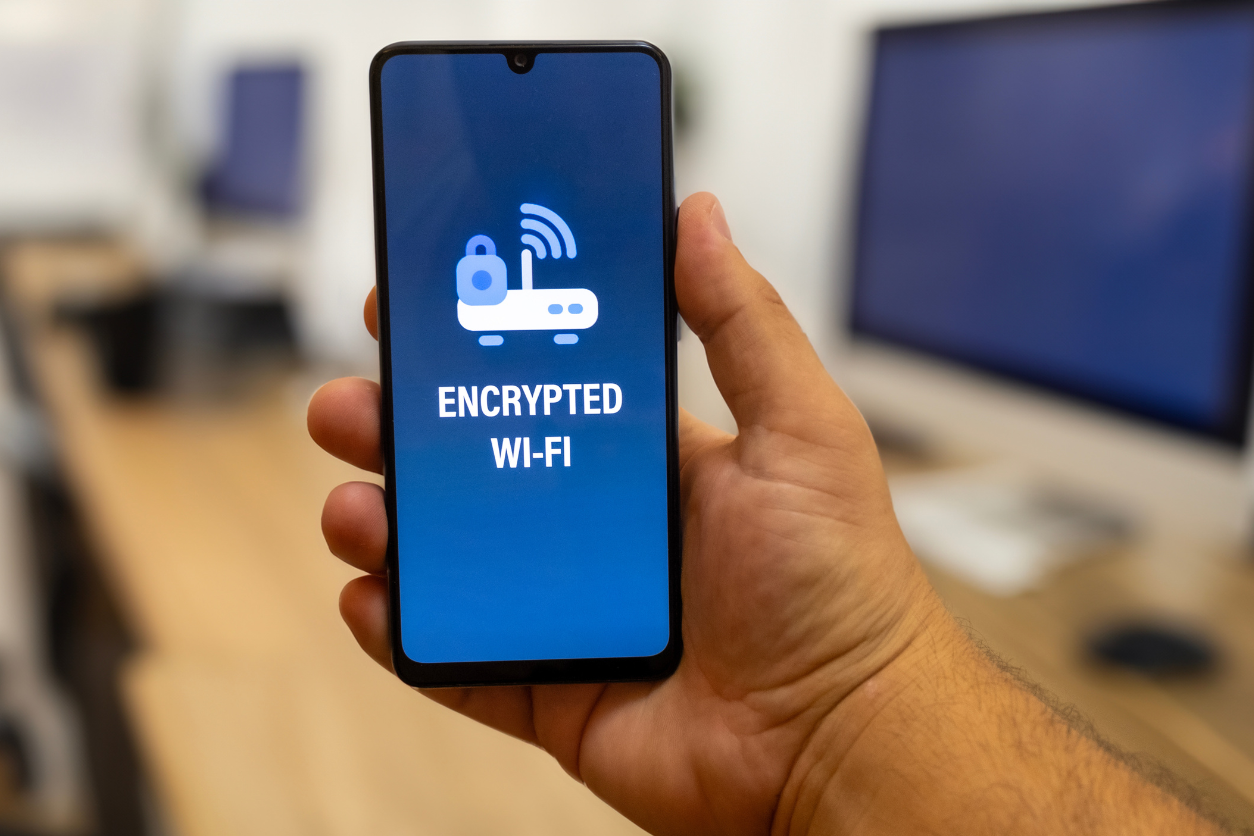
4. Device Security and Control
The proliferation of connected hotel devices—from guest smartphones to smart room controls—demands robust endpoint security measures. A hotel may manage thousands of connected devices daily, making device security a critical component of zero-trust architecture.
Regular security posture assessments, endpoint protection, and compliance checks form the foundation of device security. Hotels must maintain a complete inventory of authorized devices and applications and ensure that each endpoint meets strict security standards before granting network access.
5. Data Protection and Encryption
With hotels processing millions of credit card transactions and storing sensitive guest information annually, robust encryption is an important component in protecting against data breaches. Strong encryption protocols must protect all data, whether in transit across networks or at rest in storage systems.
Data classification policies help hotels prioritize security measures based on information sensitivity. A 2016 book cited by the Business Software Alliance states that 96% of data breaches occurred when data was unprotected. Unfortunately, many hospitality providers drop the ball on this essential measure.
Budget lodging providers can be especially vulnerable, as was the case with Motel One when attackers claimed to have stolen over 24 million files containing booking confirmations, credit card data, and internal documents. Without proper security measures in place, the stolen information was accessible to cybercriminals.
6. Zero Trust Security Architecture
Hospitality’s rapid adoption of cloud solutions demands a specialized approach to the implementation of zero trust security architecture. Cloud-based property management systems, reservation platforms, and guest services must operate within a framework that maintains security without compromising functionality.
Secure cloud integration requires robust authentication measures, encrypted data transmission, and continuous monitoring of cloud-based activities. Hotels should ensure their cloud security posture aligns with industry standards while maintaining the agility needed for modern operations.
7. Automated Security Response
Security orchestration, automation, and response (SOAR) tools provide hotels with rapid threat detection and response capabilities. These systems can identify and contain potential threats in minutes rather than hours or days, significantly reducing the impact of security incidents.
Regular security updates and incident response protocols ensure the hotel’s security posture remains current against emerging threats. Automated responses can include immediate access restriction, threat isolation, and real-time alerts to security personnel.
Your Blueprint for Zero Trust Network Security
Blueprint RF specializes in building hotel networks designed to integrate zero trust security principles from the ground up. Through our DG2 platform, we offer end-to-end network security with features including continuous monitoring, automated threat detection, and granular access controls—all managed through a unified system that processes, protects, and deliver network information to the cloud.
At Blueprint RF, our solutions can help minimize the conventional complexity of managing multiple incompatible security components while facilitating uninterrupted high-speed internet access for guests. To learn more, contact us.


